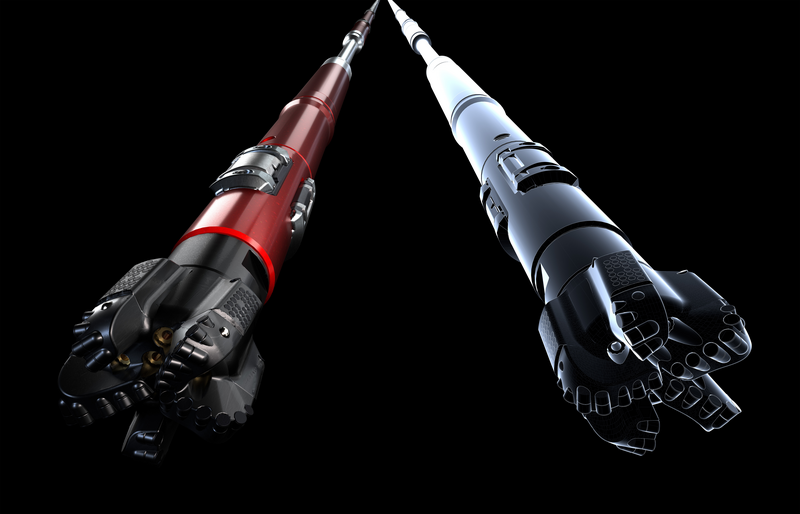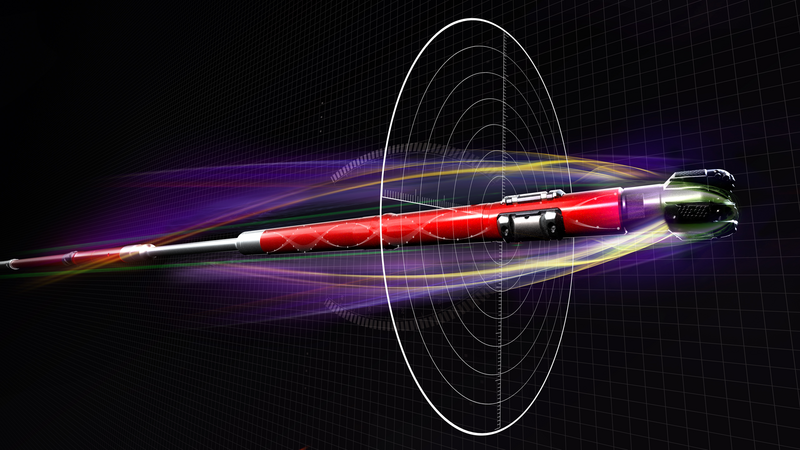 Search
Search
 Search
Search

Eliminating manual steering decisions to improve well construction and delivery processes
Download PDFUnconventionals

Achieve well placement consistency, with less human error
Europe
As the industry looks to improve performance, optimize resources, and reduce its carbon footprint, additional advanced drilling automation options are needed to meet these goals. Consistent well placement starts with precise steering during well construction, which directly affects the performance of all subsequent well delivery activities.
As drilling automation continues to improve, it is difficult to show all the capabilities and benefits available through automation technologies without comparative evidence. Operators need a way to understand the differences between conventional, manual drilling techniques and automation. They also need to evaluate the differences between using a fully autonomous system compared to an advisory automation process.
An operator in Europe participated in a pilot program with Halliburton to test the viability of fully automating directional drilling processes. This field trial implemented the latest advancements in steering automation, featuring LOGIX® drilling performance and the MaxROP application. The BHA included the iCruise® intelligent rotary steerable system (RSS) and a penta-combo Logging-While-Drilling (LWD) suite. The combination of the LOGIX platform and iCruise RSS allow a closed-loop, fully autonomous drilling operation.
This unique combination of automated drilling technologies performs previously manual tasks to completely steer three-dimensional wells autonomously—without compromising wellbore quality. The LOGIX platform’s physics-based modeling and machine learning (ML) techniques, make calculated drilling decisions to generate steering commands and recommend drilling parameters in real time. Steering commands can be sent directly to the BHA or used in an advisory capacity allowing the directional drillers to decide how to react to changes downhole.
Engineers in a Remote Drilling Center (RDC) and rigsite personnel use an integrated digital user interface to display all drilling data (e.g., bit speed, flow rate, weight on bit, cuttings load) and advisory information on-screen.
Wells
Improvement in well delivery time
Improvement in ROP
Data collected from three automated wells over a two-year period demonstrated consistent well placement while achieving a higher rate of penetration (ROP) than those using conventional drilling methods.
This pilot project illustrates the superior capability of LOGIX automation and remote operations in drilling control and performance consistency over time. A significant overall average ROP increase of 43.6 percent across four well sections was seen during the project. The autonomous drilling solution successfully leveraged physics-based modeling and ML techniques to produce repeatable, predictable well delivery results—with a greater than 30 percent improvement in well delivery time. The implications for eliminating manual decision-making and reducing human error are also notable. Overall, the operator was able to minimize rigsite resources and maximize asset value. The operator is considering using the same solution for all their assets. Drilling automation is changing the way we are steering wells in Europe, and globally.

Offers a digital transformation of drilling solutions to reduce operational risks and ensure consistent well delivery.

Reduce well time through fast drilling, fast tripping time and quicker casing drill outs.

Gather real-time, high-quality data while drilling for improved subsurface insight, increased ROP, and enhanced wellbore stability.
